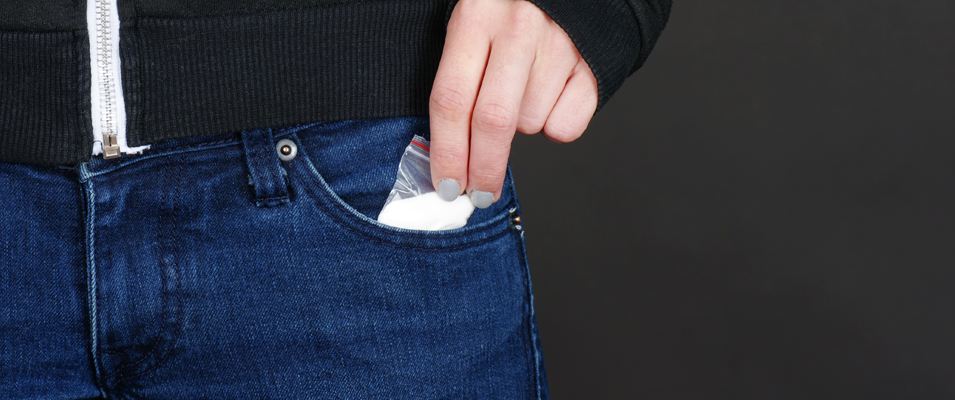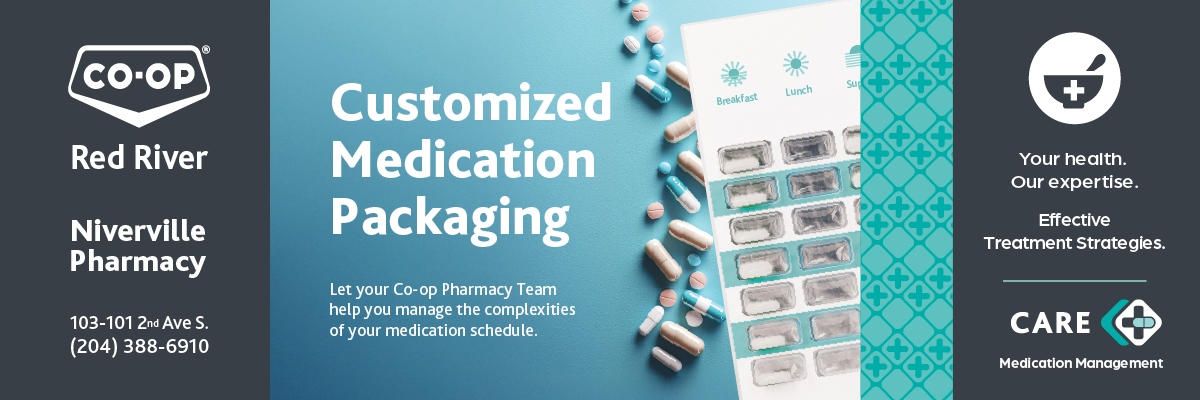
The word “crisis” is often used to refer to an extreme situation—for example, to describe conflicts that just fall short of being called wars. I suspect this is why we use it to refer to the current “meth crisis,” as the media has so recently done. There are other drugs involved in the crisis, but the focus has been on meth (methamphetamines) for a few reasons. Not only is it the new drug of choice in Manitoba, but it’s also one of the most dangerous due to its low cost, ease of transport and use, instantly addictive properties, and the unpredictable behaviour of those under its influence.
In actuality, the word crisis is the Latin version of a Greek word that refers to the turning point of a disease—the point where the outcome is about to be decided. It’s the moment of truth, when the patient takes an irreversible turn either towards recovery or death.
With this understanding, let’s think back to our current social situation. Suddenly, the word “crisis” may seem even more appropriate than ever.
In many cases, we only have to look to our immediate family or close friends to find someone who’s been directly impacted by addiction. The impacts are becoming more direct all the time. And while initially this was an urban issue, it now exists in all places and crosses all socioeconomic boundaries.
Our insurance rates are rising and property damages are increasing. Police response times are going up, even when it comes to serious incidents. Inevitably our officers are tied up with urgent calls, including many related to meth. The strain on our EMTs is taking a toll. Indeed, our medical system is at a breaking point.
While the answer to the problem itself may not be immediately apparent, at least two things are certain.
First, this is not a simple problem. It’s ignorant, arrogant, and counterproductive to simply blame the drug user. This allows us to push the problem away from us and onto them, to ignore the various reasons that have brought us to where we are today.
Secondly, we must realize that this is not their problem. It is our problem, collectively. Acknowledging that this is our problem doesn’t mean we place blame on everyone, nor do we remove responsibility from certain people. Rather, we accept that the impacts of the problem are seen everywhere in society as a whole.
Just as the problem is complex, so will be the solution. Acknowledging this reality opens the door for us to have real discussions without getting defensive.
Drug users have made a choice and must accept the responsibility to seek less destructive alternatives. Social agencies must provide them with the resources they need to do this, and help addicts identify and address the root cause of their need to self-medicate. Drug companies must take responsibility for their role in securing the distribution of safer alternatives. Medical professionals must be educated about the dangers of prescribing addictive drugs, and take caution not to overprescribe, as we have seen in the realm of antibiotics.
A holistic approach is the only true path to lasting change. Increasing the presence of police is not the answer on its own, nor is seeking judicial change. Drug education and safe injection sites aren’t the sole answer either. Banning production of drugs or controlling their distribution is not the answer. Collectively, we must look at all facets of the issue. Simply put, there is no silver bullet to conquer this monster.
We the public are the ones who will decide which direction this crisis takes. We elect officials who in turn make decisions about funding and legislation, and we also have a great influence through our purchasing power. And we can bring about change by making our collective voices heard.
Taking the first step is never easy, but if we come to own our part in the problem, calling it ours instead of theirs, our feet will be set in motion towards a real solution.



















